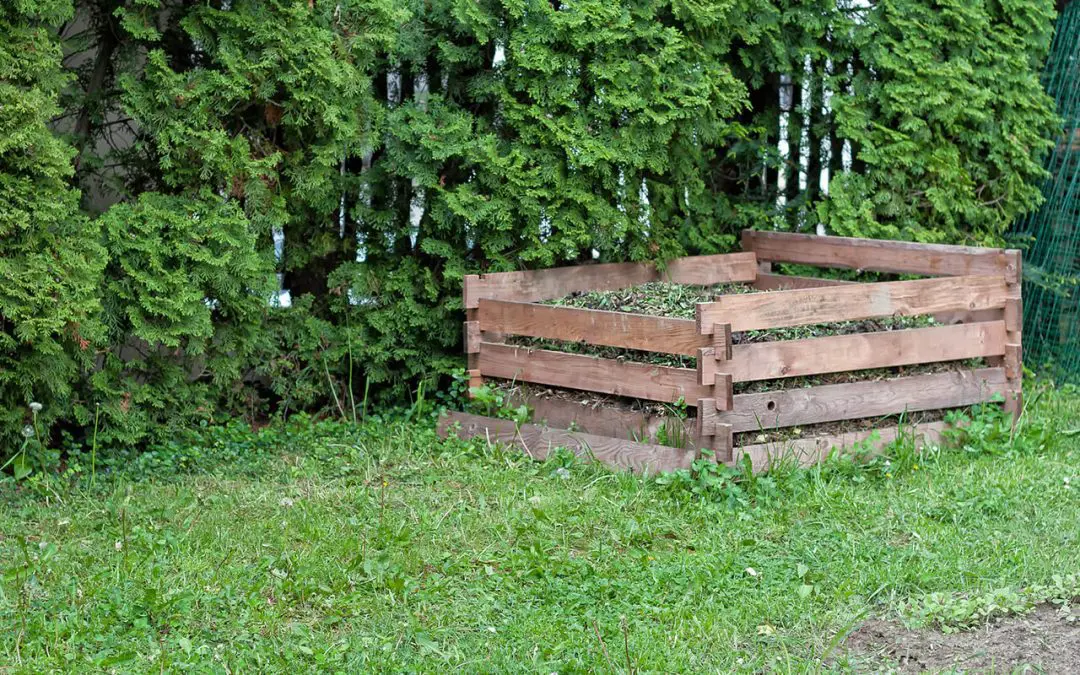You don’t have to spend much on fertilizer to keep your home garden and flower beds thriving. One eco-friendly habit gaining traction is composting. Composting at home helps reduce waste and turns organic matter into a valuable resource that can enrich soil and nurture plant life. Let’s delve into the world of composting and explore how you can easily integrate it into your daily routine.
What is Composting?
Composting is a natural process of decomposition that transforms organic waste into a nutrient-rich soil conditioner known as compost. It involves collecting kitchen scraps, yard waste, and other biodegradable materials and allowing them to decompose over time with the help of microorganisms, such as bacteria and fungi.
Why is Composting at Home a Good Idea?
Composting at home offers numerous benefits for the environment and your household:
1. Reducing waste: By composting organic materials, you divert them from landfills, where they would otherwise emit harmful greenhouse gases as they decompose anaerobically.
2. Improving soil health: Compost enriches soil with essential nutrients, improves its structure, and enhances moisture retention, leading to healthier plants and higher yields in gardens and landscaping.
3. Saving money: Producing your own compost reduces the need for store-bought fertilizers and soil conditioners, ultimately saving money in the long run.
4. Reducing chemical dependency: Compost provides a natural alternative to chemical fertilizers, promoting organic gardening practices and reducing chemical runoff into waterways.
Getting Started with Composting at Home
Follow these simple steps to begin your home composting journey:
1. Choose a composting method: There are several composting methods to suit different living situations and preferences. These include traditional compost bins, tumblers, vermiculture (worm composting), and DIY methods using repurposed materials.
2. Select a location: Place your composting setup in a convenient spot with good drainage and airflow. This could be in your backyard, balcony, or even under the kitchen sink for indoor composting options.
3. Collect compostable materials: Gather a mix of “greens” (nitrogen-rich materials like fruit and vegetable scraps, coffee grounds, and grass clippings) and “browns” (carbon-rich materials like dry leaves, cardboard, and newspaper).
4. Layer and maintain: Alternate layers of greens and browns in your compost bin, ensuring proper aeration by turning the pile regularly. Keep the compost moist but not soggy, and monitor its progress as it decomposes into dark, crumbly compost.
5. Troubleshoot: If your compost smells bad or attracts pests, adjust the balance of materials or aerate the pile more frequently. With time and practice, you’ll learn to troubleshoot common composting issues and optimize your composting process.
Embrace the Journey to Sustainable Living
Composting at home is a small yet significant step towards leading a more sustainable lifestyle. By diverting organic waste from landfills and creating nutrient-rich compost to nourish your plants and soil, you actively contribute to the health of the planet and future generations. Whether you’re a seasoned gardener or a novice, home composting offers a rewarding and fulfilling way to connect with nature and reduce your ecological footprint.
FAQs About Composting
What can I compost at home?
You can compost fruit and vegetable scraps, coffee grounds, eggshells, yard waste (such as grass clippings and leaves), paper products (like shredded newspaper and cardboard), and some types of biodegradable materials (like wood chips and sawdust).
What should I avoid composting at home?
Avoid composting meat, dairy, oily foods, pet waste, and items treated with pesticides or chemicals. These materials can attract pests, produce unpleasant odors, or contaminate the compost.
Can I compost in an apartment or small space?
Yes, you can compost in small spaces using methods like vermicomposting (with worms), indoor compost bins, or compost tumblers designed for compact areas. These methods are efficient and minimize odor.
How do I use compost in my garden or plants?
Compost can be used as a soil amendment or top dressing in gardens, flowerbeds, and potted plants. Mix compost into the soil before planting or apply it as a mulch layer around existing plants to improve soil structure, water retention, and nutrient content.
HomeSpec offers inspections to customers in North Mississippi and Southwest Tennessee. If you’re buying or selling a home, contact us to request our services.

